Home>Furniture & Design>Bathroom Accessories>Why Does The Shower Curtain Stick To Me
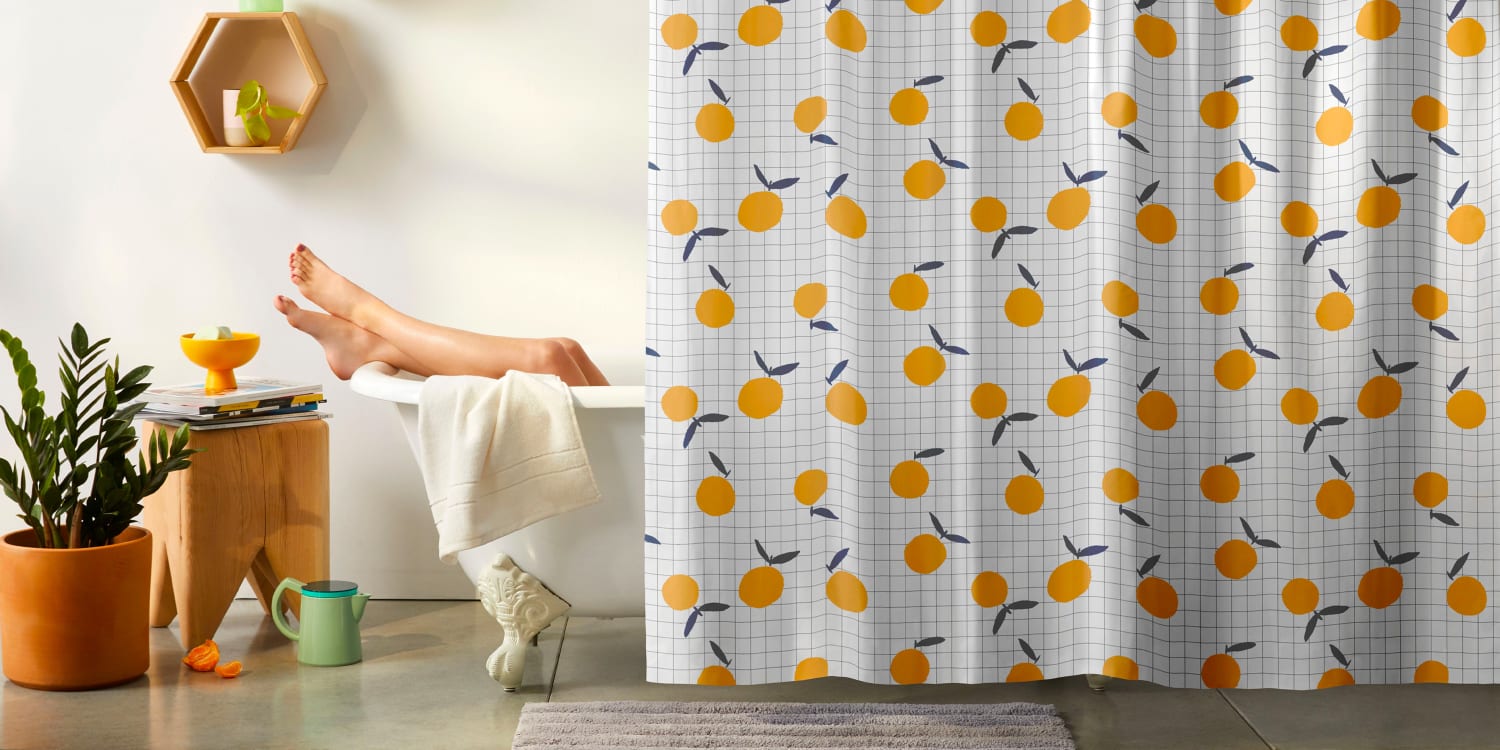

Bathroom Accessories
Why Does The Shower Curtain Stick To Me
Modified: March 5, 2024
Discover the reasons behind your shower curtain sticking to you and find solutions with the right bathroom accessories. Say goodbye to this annoying problem!
(Many of the links in this article redirect to a specific reviewed product. Your purchase of these products through affiliate links helps to generate commission for Storables.com, at no extra cost. Learn more)
Introduction
Have you ever experienced the peculiar sensation of a shower curtain inexplicably clinging to you while you're trying to enjoy a refreshing shower? It's a common occurrence that can be both annoying and puzzling. The phenomenon of a shower curtain sticking to your body seems to defy logic, but there are scientific reasons behind this perplexing occurrence. In this article, we will delve into the intriguing world of shower curtain stickiness, exploring the factors that contribute to this phenomenon and providing practical solutions to prevent it.
The next sections will unravel the science behind shower curtain stickiness, shedding light on the fascinating principles at play. We will also examine the various factors that can exacerbate this issue, from environmental conditions to the materials used in the shower curtain. Furthermore, we will equip you with effective strategies to combat shower curtain stickiness, allowing you to reclaim a hassle-free and enjoyable shower experience.
So, if you've ever found yourself grappling with a clingy shower curtain, fear not – you're not alone. Join us on this enlightening journey as we uncover the mysteries of shower curtain stickiness and empower you with the knowledge to banish this pesky problem from your daily routine.
Key Takeaways:
- Say goodbye to a clingy shower curtain by choosing fabric curtains, enhancing ventilation, and using anti-static products. Enjoy a hassle-free shower experience with these practical solutions!
- Understand the science behind shower curtain stickiness and combat it with simple strategies like regular cleaning, adjusting shower temperature, and using weighted hems or magnets. Reclaim a friction-free shower routine!
Read more: Why Does A Shower Curtain Blow In
The Science Behind Shower Curtain Stickiness
The enigmatic phenomenon of a shower curtain sticking to the body may seem like a perplexing quirk of daily life, but it is rooted in the fundamental principles of physics. At the heart of this peculiar occurrence lies the intricate interplay of air currents and pressure differentials within the confines of the shower enclosure.
When water is heated during a shower, it generates steam that rises and creates a convection current. This convection current, in turn, leads to a drop in air pressure near the shower, effectively pulling the shower curtain inward. As a result, the curtain is drawn towards the lower pressure area, often making contact with the body of the person inside the shower.
Moreover, the Bernoulli principle, a fundamental concept in fluid dynamics, contributes to the adhesive nature of the shower curtain. According to this principle, an increase in the speed of a fluid (in this case, air) is accompanied by a decrease in pressure. As the water droplets and steam move swiftly within the shower, the air pressure near the curtain decreases, causing it to be attracted to the low-pressure zone.
Furthermore, the electrostatic charge generated by the friction between the shower curtain and the body can also play a role in the stickiness phenomenon. When two materials come into contact and then separate, they can become electrically charged. This can result in the curtain and the body acquiring opposite charges, leading to a temporary attraction between the two.
In addition to these scientific principles, the material and surface properties of the shower curtain can influence its tendency to stick. For instance, plastic-based curtains, which are commonly used in bathrooms, can develop a static charge due to friction, exacerbating the adhesion to the body.
Understanding the scientific underpinnings of shower curtain stickiness not only demystifies this everyday conundrum but also paves the way for effective preventive measures. By gaining insight into the intricate dynamics at play, individuals can take proactive steps to mitigate the stickiness and restore a seamless and enjoyable shower experience.
Factors Contributing to Shower Curtain Stickiness
The stickiness of a shower curtain can be attributed to a myriad of factors, ranging from environmental conditions to the properties of the curtain material. Understanding these contributing elements is crucial in devising effective strategies to mitigate the vexing issue of shower curtain stickiness.
-
Humidity and Temperature: The prevailing humidity and temperature levels in the bathroom play a pivotal role in exacerbating shower curtain stickiness. When warm water is used during a shower, it generates steam that increases the humidity within the enclosed space. This elevated humidity, coupled with the rise in temperature, creates an environment conducive to the formation of convection currents and pressure differentials, which, in turn, contribute to the adhesive nature of the shower curtain.
-
Shower Enclosure Design: The design and layout of the shower enclosure can significantly impact the propensity of the shower curtain to stick. Enclosures with limited ventilation or confined spaces can intensify the convection currents and pressure differentials, amplifying the force that draws the curtain towards the body.
-
Material Composition: The material composition of the shower curtain is a critical determinant of its stickiness. Plastic-based curtains, which are commonly used due to their affordability and water-resistant properties, are prone to developing a static charge when they come into contact with the body. This static charge exacerbates the adhesion of the curtain to the skin, intensifying the sensation of stickiness.
-
Surface Properties: The surface properties of the shower curtain, such as texture and finish, can influence its tendency to cling to the body. Curtains with a smooth and glossy surface are more likely to adhere to the skin, especially when moisture is present. Additionally, the presence of soap residue or water droplets on the curtain's surface can further augment its stickiness.
-
Electrostatic Charge: The friction between the body and the shower curtain can lead to the generation of an electrostatic charge, resulting in temporary attraction between the two surfaces. This electrostatic interaction, compounded by the presence of moisture and warm air, contributes to the persistent stickiness experienced during showers.
By comprehending the multifaceted factors that contribute to shower curtain stickiness, individuals can implement targeted measures to alleviate this common nuisance. From optimizing ventilation and selecting suitable curtain materials to minimizing moisture accumulation, addressing these contributing elements is pivotal in restoring a friction-free and enjoyable shower experience.
To prevent the shower curtain from sticking to you, try using a fabric softener or a shower curtain liner to reduce static electricity.
Ways to Prevent Shower Curtain Stickiness
-
Opt for Fabric Curtains: Consider using fabric-based shower curtains instead of plastic ones. Fabric curtains are less prone to developing static charges and are generally more resistant to clinging to the body. Additionally, fabric curtains can enhance the aesthetic appeal of the bathroom while offering a smoother and less adhesive surface.
-
Install a Shower Liner: Adding a shower liner can act as a protective barrier between the shower curtain and the body. Liners made of materials like nylon or polyester can reduce the likelihood of the curtain sticking to the skin, providing a more comfortable and hassle-free shower experience.
-
Enhance Ventilation: Improving ventilation within the bathroom can help mitigate the formation of convection currents and pressure differentials that contribute to shower curtain stickiness. Installing a ventilation fan or keeping windows slightly ajar can facilitate air circulation, reducing the propensity of the curtain to adhere to the body.
-
Regular Cleaning and Maintenance: Routinely cleaning the shower curtain and liner can prevent the accumulation of soap residue and moisture, which can exacerbate stickiness. Washing fabric curtains and liners according to the manufacturer's instructions and periodically wiping down plastic curtains can help maintain a smooth and less adhesive surface.
-
Utilize Anti-Static Products: Applying anti-static sprays or solutions specifically designed for shower curtains can help neutralize static charges, reducing the likelihood of the curtain clinging to the body. These products can be easily applied and provide a temporary reprieve from the vexing issue of shower curtain stickiness.
-
Adjust Shower Temperature and Duration: Modifying the temperature and duration of showers can influence the generation of steam and humidity within the bathroom. Opting for slightly cooler showers and minimizing prolonged exposure to hot water can help mitigate the formation of convection currents, thereby reducing the adhesive force acting on the shower curtain.
-
Use a Weighted Hem or Magnets: Incorporating a weighted hem or attaching magnets to the bottom of the shower curtain can help maintain its position and prevent it from billowing inward. This can minimize contact with the body and reduce the likelihood of the curtain sticking during showers.
By implementing these proactive measures, individuals can effectively combat shower curtain stickiness, reclaiming a serene and uninterrupted shower experience. Whether through material selection, enhanced ventilation, or targeted maintenance practices, these strategies offer practical solutions to alleviate the persistent nuisance of a clingy shower curtain.
Conclusion
In conclusion, the enigmatic phenomenon of a shower curtain sticking to the body during showers is a multifaceted issue rooted in the intricate dynamics of fluid mechanics, material properties, and environmental conditions. By unraveling the scientific principles underpinning shower curtain stickiness and exploring the diverse factors contributing to this vexing problem, we have gained valuable insights into the mechanisms at play.
The adhesive nature of shower curtains, propelled by convection currents, pressure differentials, and electrostatic interactions, has been demystified through the lens of fluid dynamics and material science. Furthermore, the influence of humidity, temperature, and shower enclosure design on exacerbating stickiness has been elucidated, shedding light on the environmental factors that warrant attention.
Armed with a deeper understanding of the root causes of shower curtain stickiness, we have also delved into practical strategies to prevent and alleviate this common nuisance. From opting for fabric curtains and enhancing ventilation to utilizing anti-static products and implementing maintenance practices, a spectrum of proactive measures has been unveiled to empower individuals in reclaiming a friction-free and enjoyable shower experience.
By embracing these preventive strategies and leveraging the knowledge gleaned from the scientific underpinnings of shower curtain stickiness, individuals can bid farewell to the irksome sensation of a clingy shower curtain. With a harmonious interplay of informed choices, targeted interventions, and a nuanced understanding of the underlying principles, the daily ritual of showering can be transformed into a seamless and rejuvenating experience, free from the perplexing grip of a sticky shower curtain.
In essence, the journey through the science, factors, and preventive measures related to shower curtain stickiness has not only demystified a common household annoyance but has also underscored the transformative power of knowledge in enhancing everyday experiences. By harnessing this knowledge and implementing practical solutions, individuals can embark on a refreshing and unhindered showering experience, liberated from the confounding embrace of a clingy shower curtain.
Frequently Asked Questions about Why Does The Shower Curtain Stick To Me
Was this page helpful?
At Storables.com, we guarantee accurate and reliable information. Our content, validated by Expert Board Contributors, is crafted following stringent Editorial Policies. We're committed to providing you with well-researched, expert-backed insights for all your informational needs.

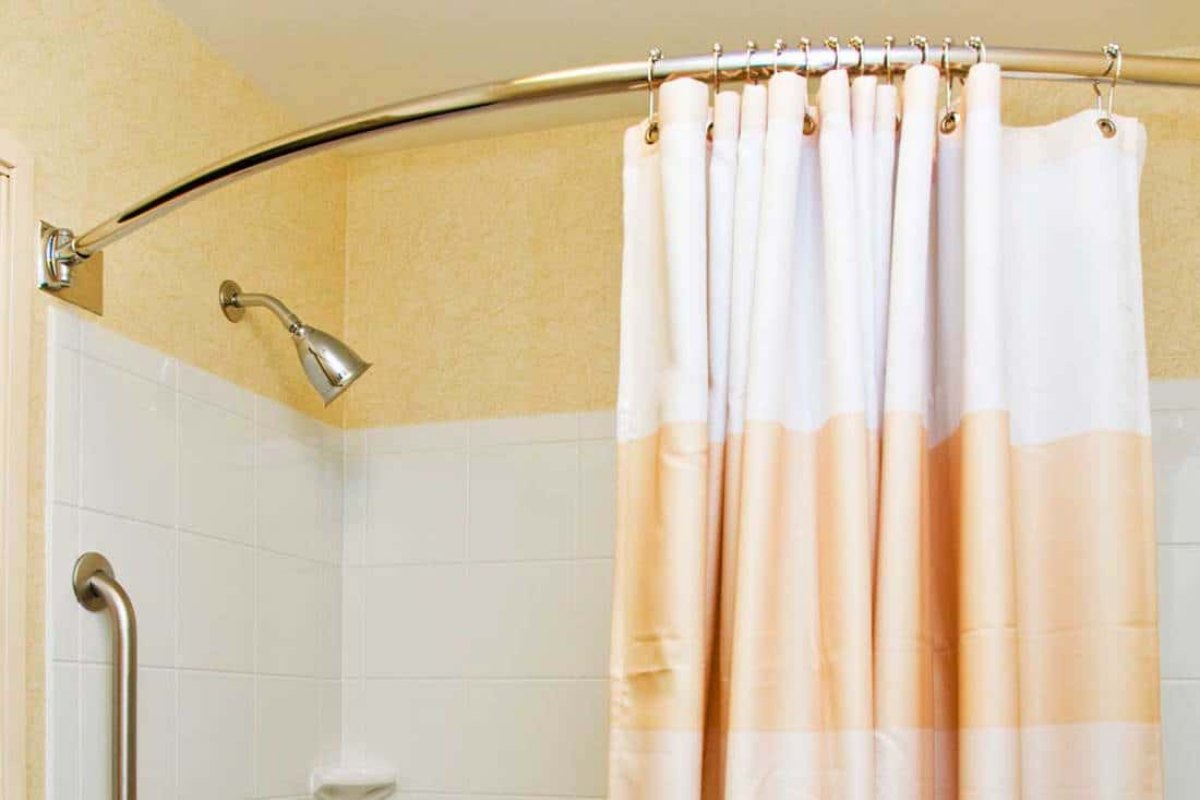

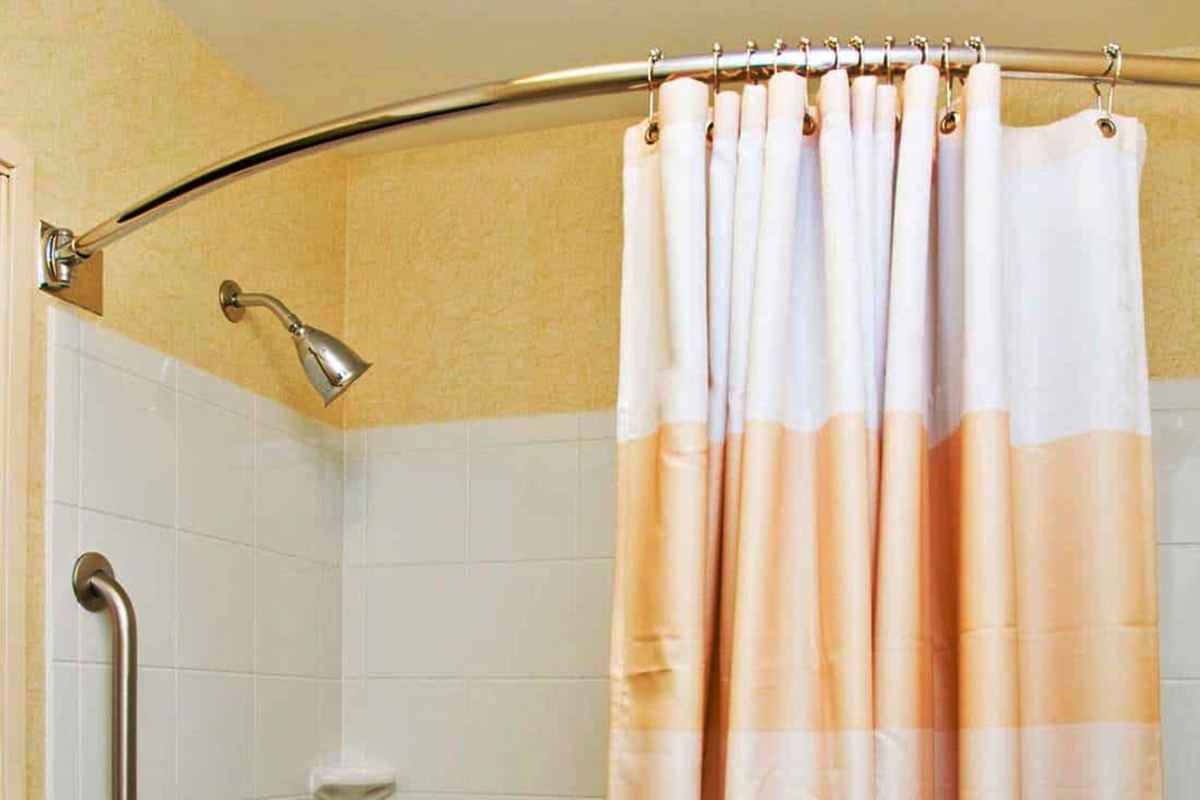
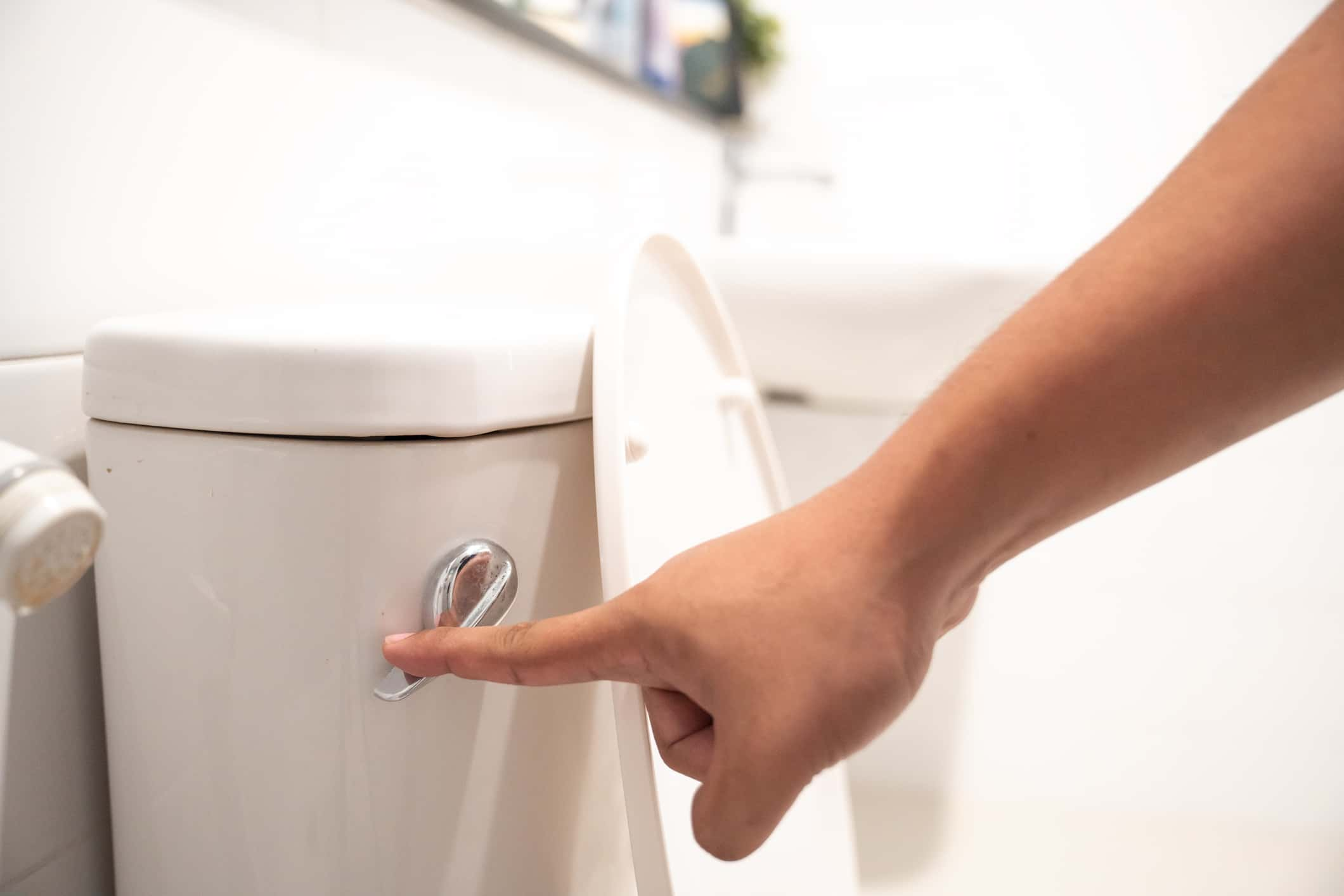

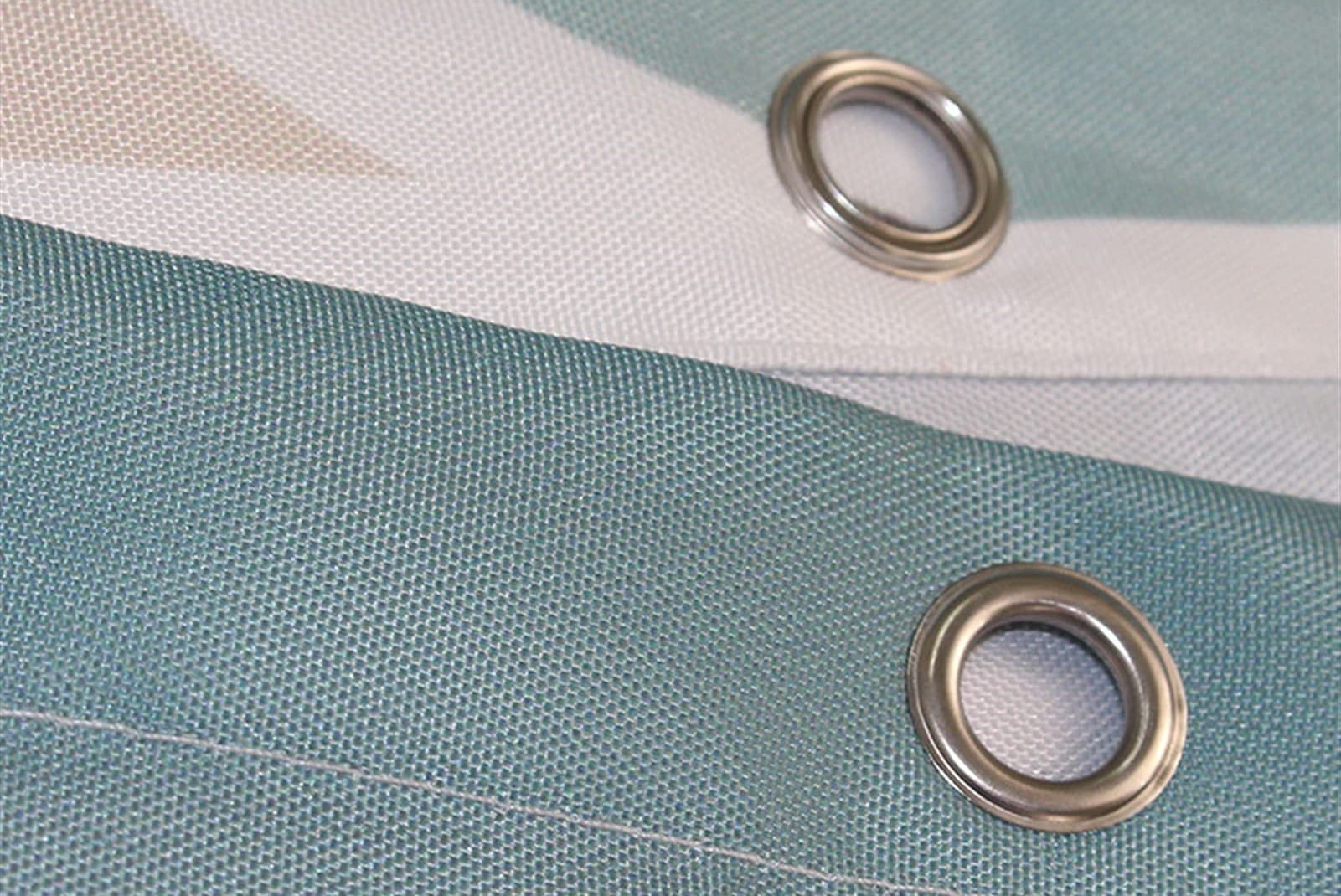

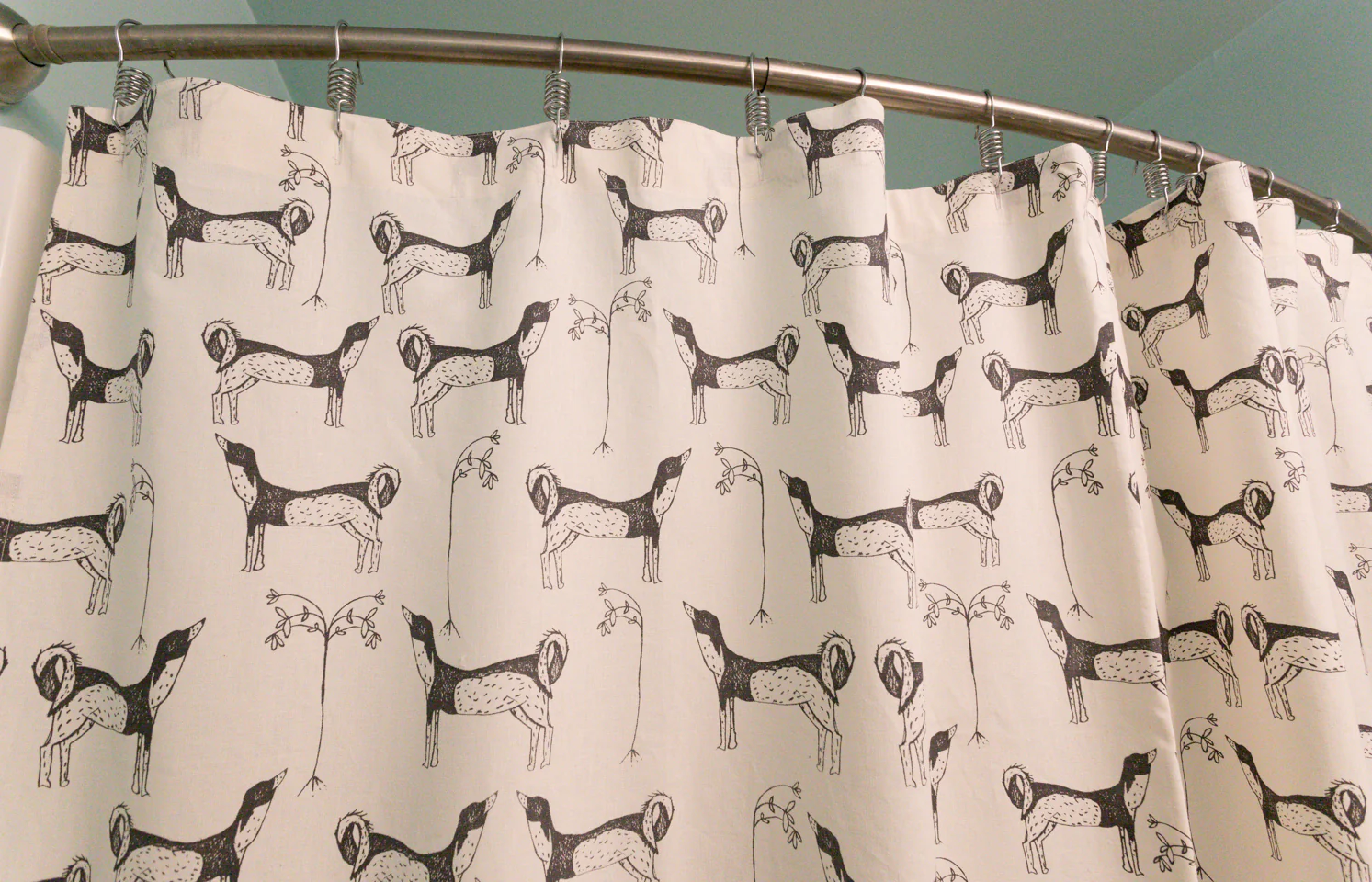
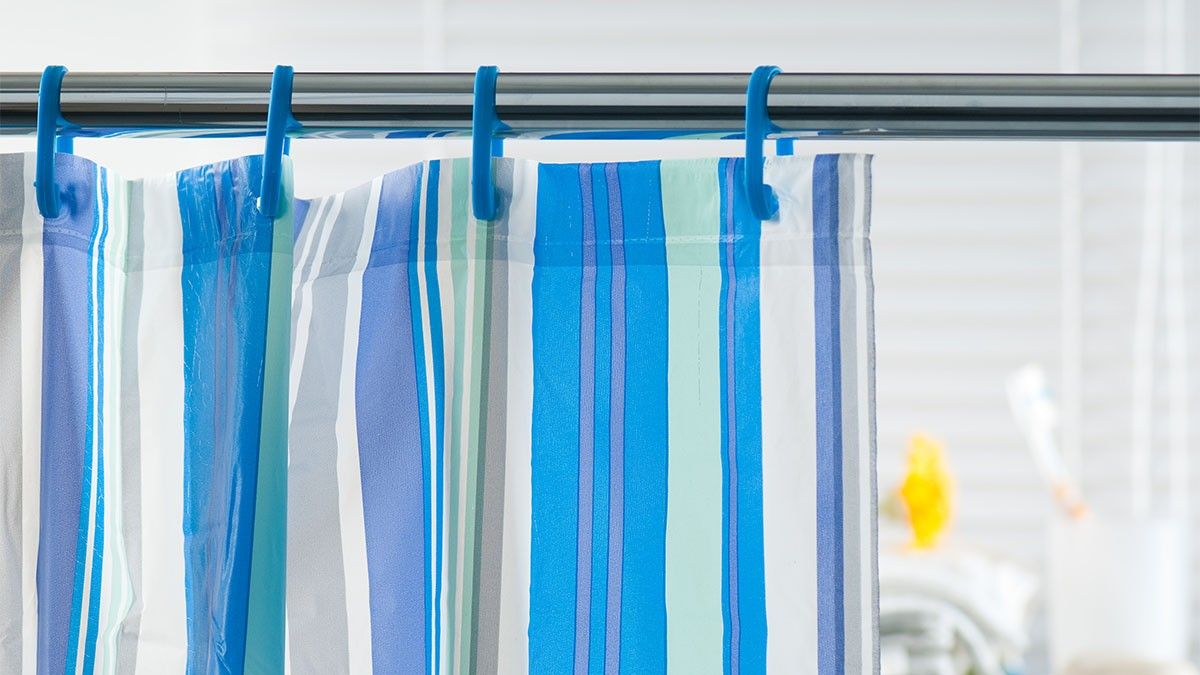
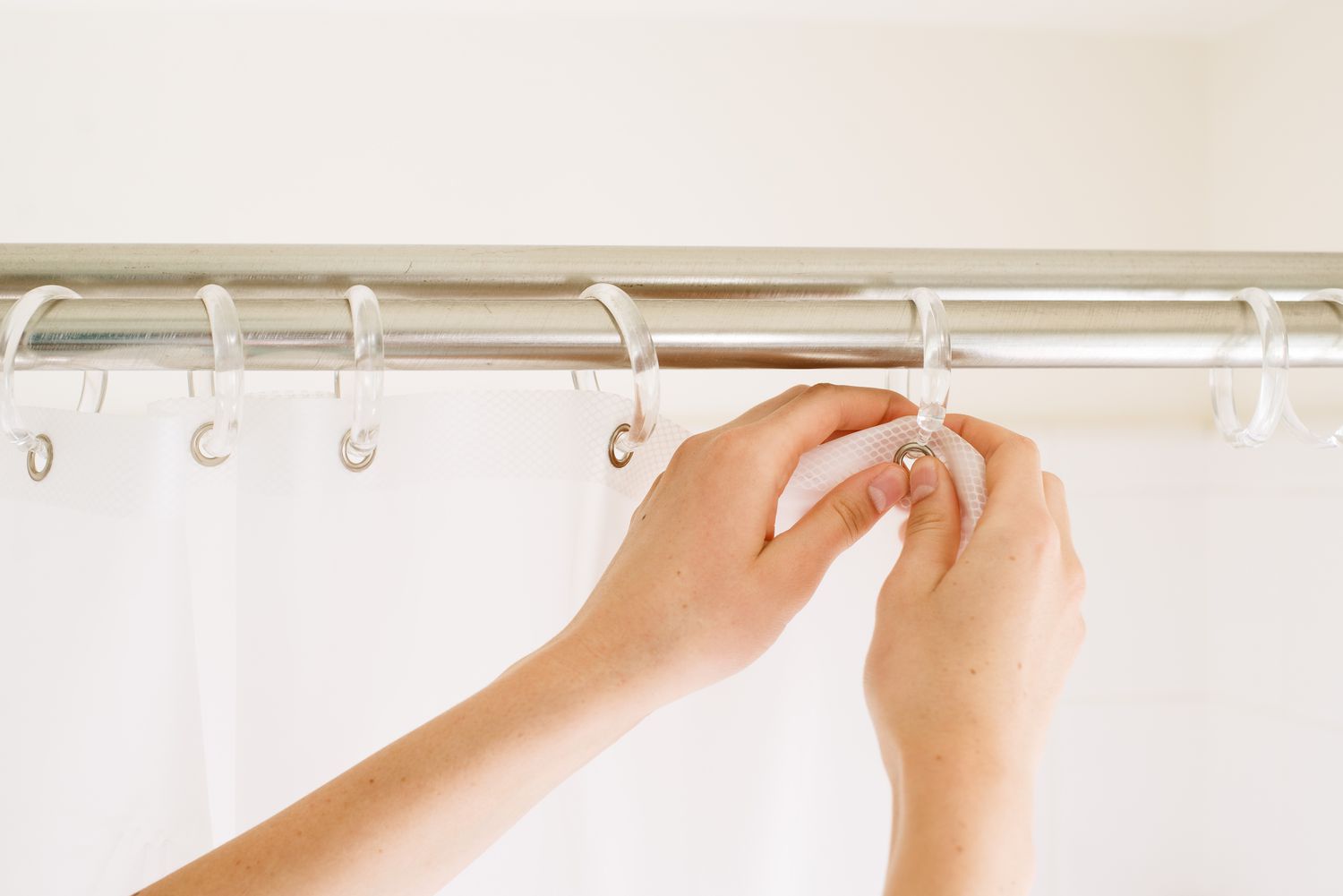
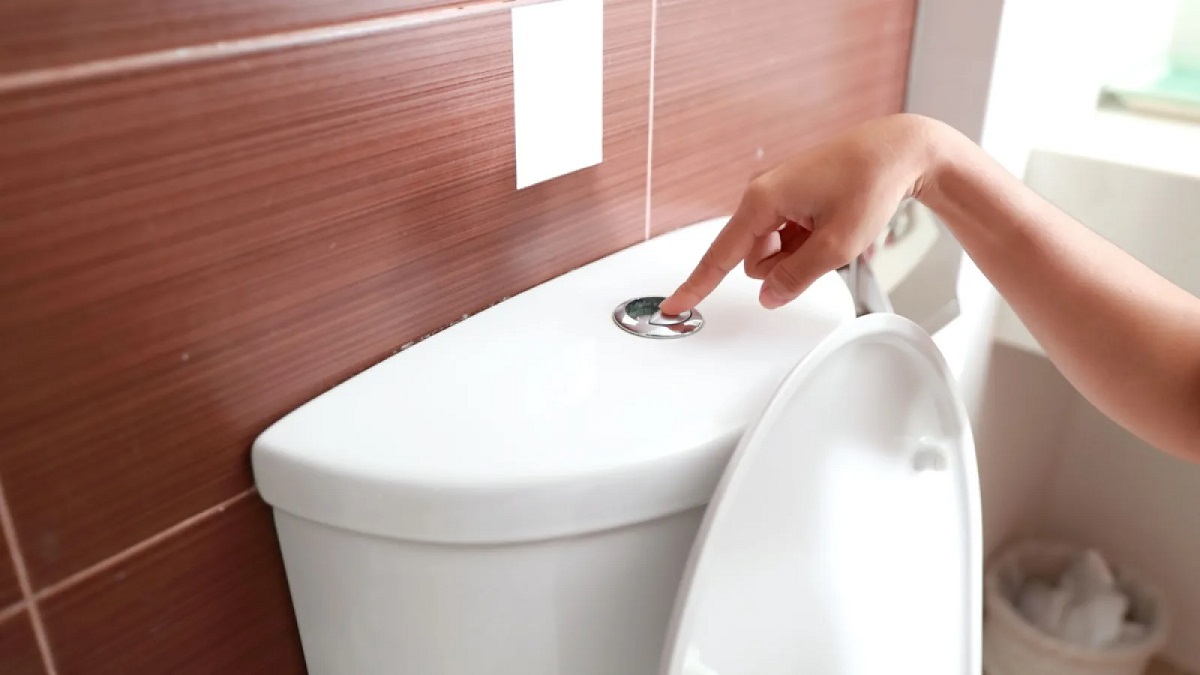


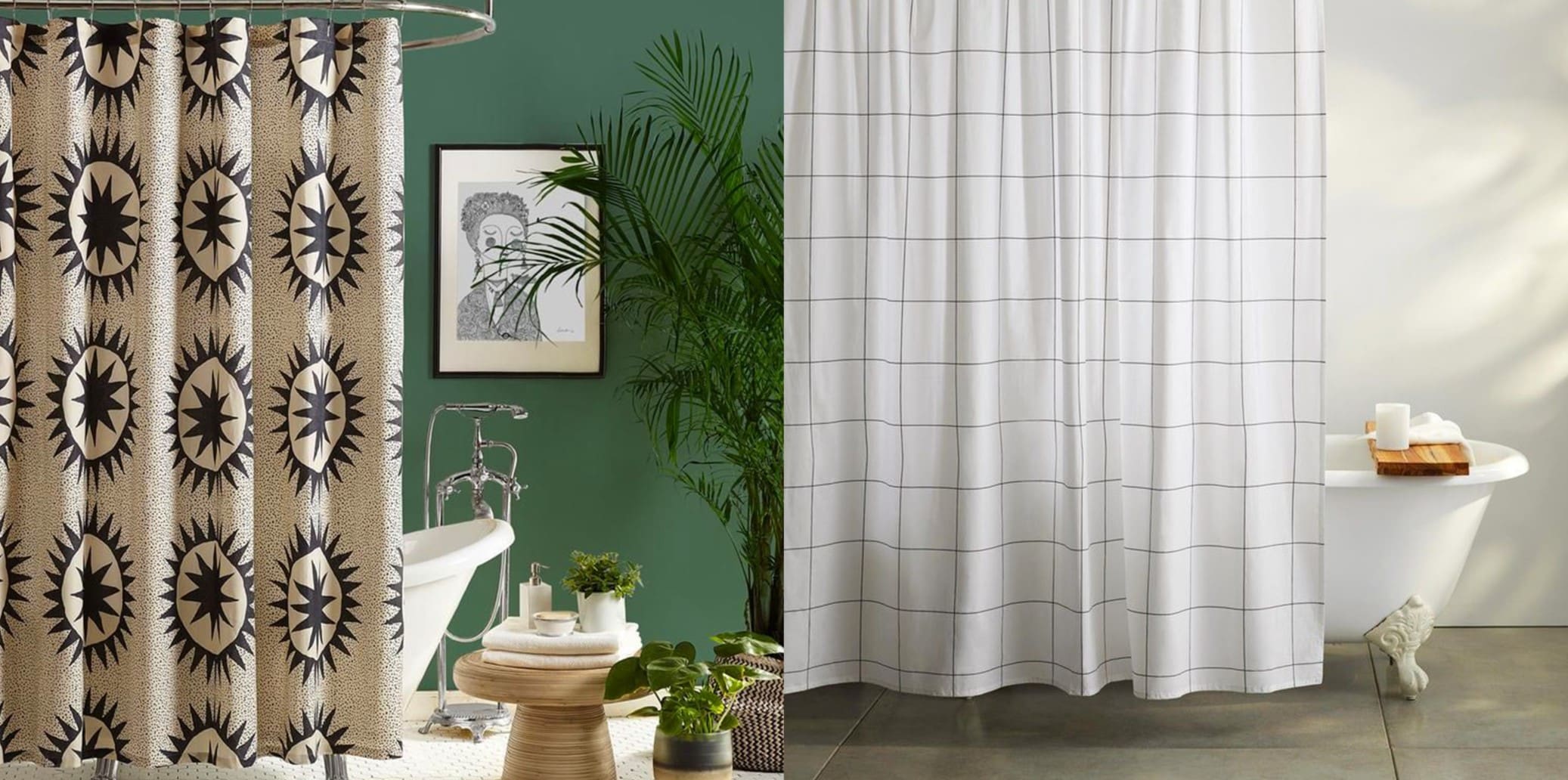

0 thoughts on “Why Does The Shower Curtain Stick To Me”